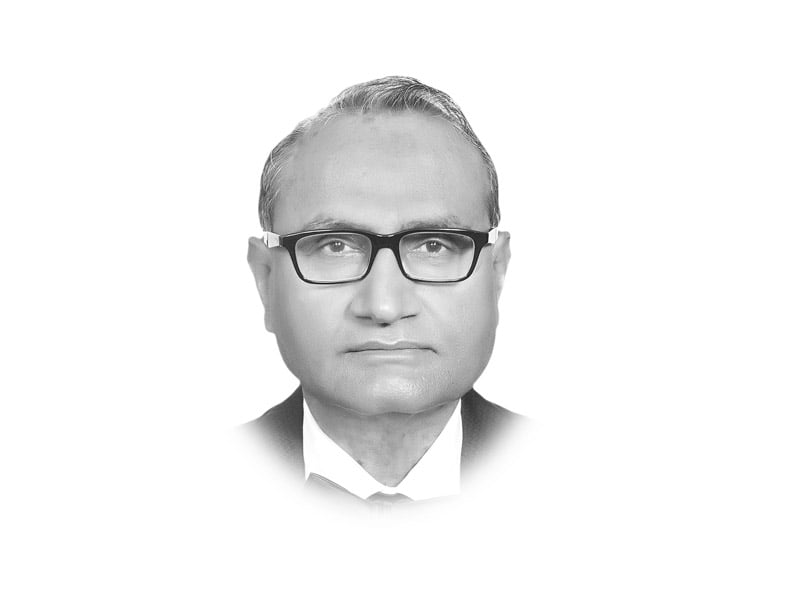
A look at the way a bank that was privatised by the government deals with its customers, especially its credit card holders, provides some insight into how a lot of private-sector enterprises operate. In this particular instance, a credit card holder duly deposited a cheque to clear the monthly bill well in time. The bank kept the cheque with it and then informed the customer about a discrepancy in the amount in words and figures, leading to the return of the cheque by the issuing bank. This was followed by a nastily written email asking the customer to clear the bill.
Upon inquiry by the customer, the issuing bank said that the cheque was never presented for clearance! The same cheque was presented after the due date, cleared, but at a time when a hefty sum of Rs30,000 could be netted under service charges. With tactics like these, private banks cannot but be profitable. Numerous emails and countless phone calls, all at the customer’s expense, led only to the reversal of the insignificant amount of the late payment charge, as an acknowledgement of previous payment history. But the bank is refusing to admit that it unduly held a validly written cheque so as to earn an extra Rs30,000.

Still at the same bank, it has a scheme of utilising the points earned on credit card usage for buying things from an announced list, delivered between two to four weeks. An order for an inverter, whose part payment was already adjusted in the credit bill, made some five weeks ago, had not been delivered till date. Calls made to inquire into this always got a different answer, including one of flat denial of having ever received such an order.
Now let’s look at a leading telecom company, which, like all other telecom companies, makes huge claims regarding its ever-expanding coverage in the country. And how does it do this? A story that is not too different from the one about the bank. In July, the company issued a bill containing a telephone call made from the United States for a good 116 minutes, costing Rs35,562. The total international roaming minutes available to the customer at the time were 126 and the total bill for the same was Rs36,146. The fellow must have been out of his mind to spend 92 per cent of the roaming time allowed and 98 per cent of the cost on just one call. The caller denies having made this call and the receiver denies having received that call. Funnily enough, the number alleged to have been called is a godforsaken government office in Islamabad with nil public dealing. According to the telecom company, an office that sleeps even during the day was being contacted in the wee hours of the morning!
Back to the banks. A request to open a new account was received at one such establishment with warmth, but the customer was told that this would happen only when the employee responsible for this task returns. There was no knowing of his whereabouts and why he was not around. Sounds familiar? Believe it or not, this was not a public-sector entity, but another private sector bank!
These are but a few cases I have space for. More, some other time.
Published in The Express Tribune, September 25th, 2015.
Like Opinion & Editorial on Facebook, follow @ETOpEd on Twitter to receive all updates on all our daily pieces.

1730360426-0/Menendez-Brothers-(2)1730360426-0-165x106.webp)
1732534556-0/taylor-(14)1732534556-0-165x106.webp)
1725872216-0/Tribune-Pic-(3)1725872216-0-165x106.webp)
1732532771-0/BeFunky-collage-(89)1732532771-0-165x106.webp)







COMMENTS
Comments are moderated and generally will be posted if they are on-topic and not abusive.
For more information, please see our Comments FAQ